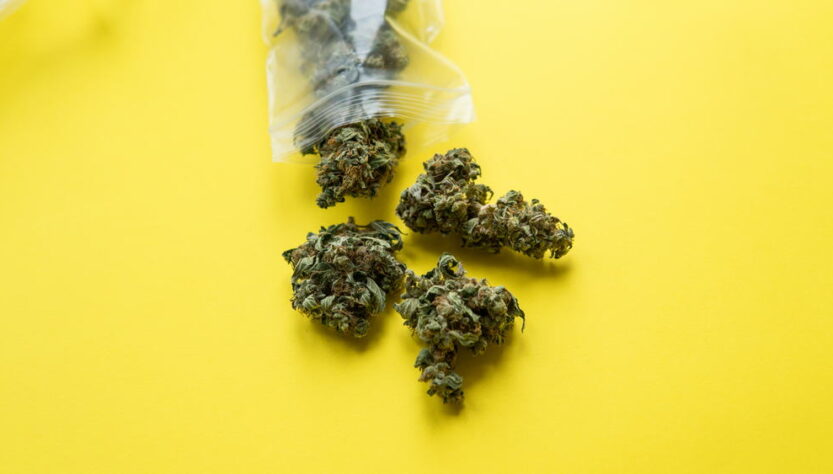Despite the fact that more than three dozen states have given the green light to medical cannabis, recreational marijuana, or both, private employers still have the right to enact their own drug policies as they see fit. Zero-tolerance policies that include marijuana are still the norm. But why? It is a curious question screaming for an answer.
Workplace drug screening is designed to detect everything from marijuana consumption to methamphetamine and heroin use. As the thinking goes, employers do not want their employees or customers endangered buy drug users. But strangely enough, workplace drug testing does not look for alcohol. Imagine the dustup if employers started testing for it as well.
Pot Still Has Negative Connotations
The long and short of it is that pot still has negative connotations in our culture. Despite the fact that a majority of Americans believe marijuana should be legal across the board, it is not necessarily a given that most business owners think their employees should be regular users.
Do not forget that there are legal issues to consider as well. Marijuana remains illegal under federal law despite so many states deciding to turn a blind eye to production, distribution, possession, and consumption. It could be that many employers do not want to take the risks that come with employees potentially using illegal substances.
Pot and Public Sector Employment
While private employers are still allowed to make their own workplace drug policies, public sector employers are subject to state laws and regulations. Those regulations vary from one state to the next. Some cannabis-legal states, like Utah, have passed laws prohibiting public sector employers from discriminating against marijuana users.
Utahmarijuana.org explains that only medical cannabis is allowed in the Beehive State. Lawmakers passed a new law in 2022 to protect public sector workers with valid medical cannabis cards. Prior to the new law, public sector employers could test for marijuana and take action against those who tested positive. That is no longer the case.
Public sector employers in Utah must now treat medical cannabis the same as any other prescription medication. As long as a worker’s performance is not compromised by medical cannabis consumption, an employer cannot take action against that person. There are exceptions, including law enforcement.
Police officers are barred by federal law from owning for carrying weapons if they use cannabis. Therefore, Utah law enforcement agencies have kept their anti-marijuana policies in place.
Marijuana and Workplace Injuries
So, are concerns about workplace injuries among cannabis consumers legitimate? Yes and no. A recently released study out of Canada suggests that workers who consume cannabis off the job are no more likely to experience workplace injuries than people who do not use cannabis at all.
On the other hand, workers who use cannabis on the job are two times more likely to be involved in a workplace accident compared to workers who either do not use cannabis or confine their use to off duty hours.
This could explain why private sector employers remain wary of marijuana. Perhaps there is a suspicion among them that workers who test positive for marijuana are more likely to use it on the job. Such suspicions may not be accurate, but they could partially explain the zero-tolerance policies employers still subscribe to.
The bottom line is that private sector employers have the legal right to run their businesses as they see fit. And as things currently stand, that legal right includes the right to establish and enforce drug testing policies. It is just something that regular cannabis users have to contend with despite state efforts to decriminalize marijuana.

